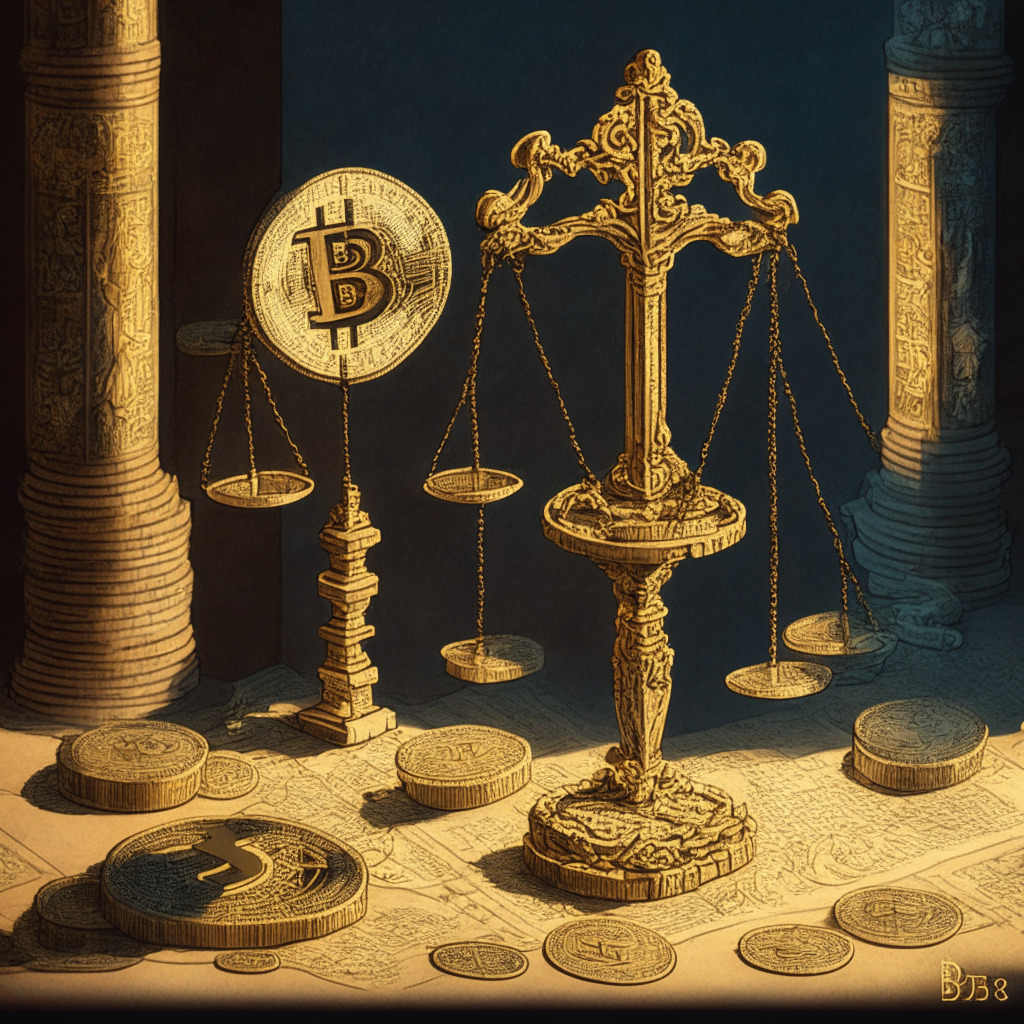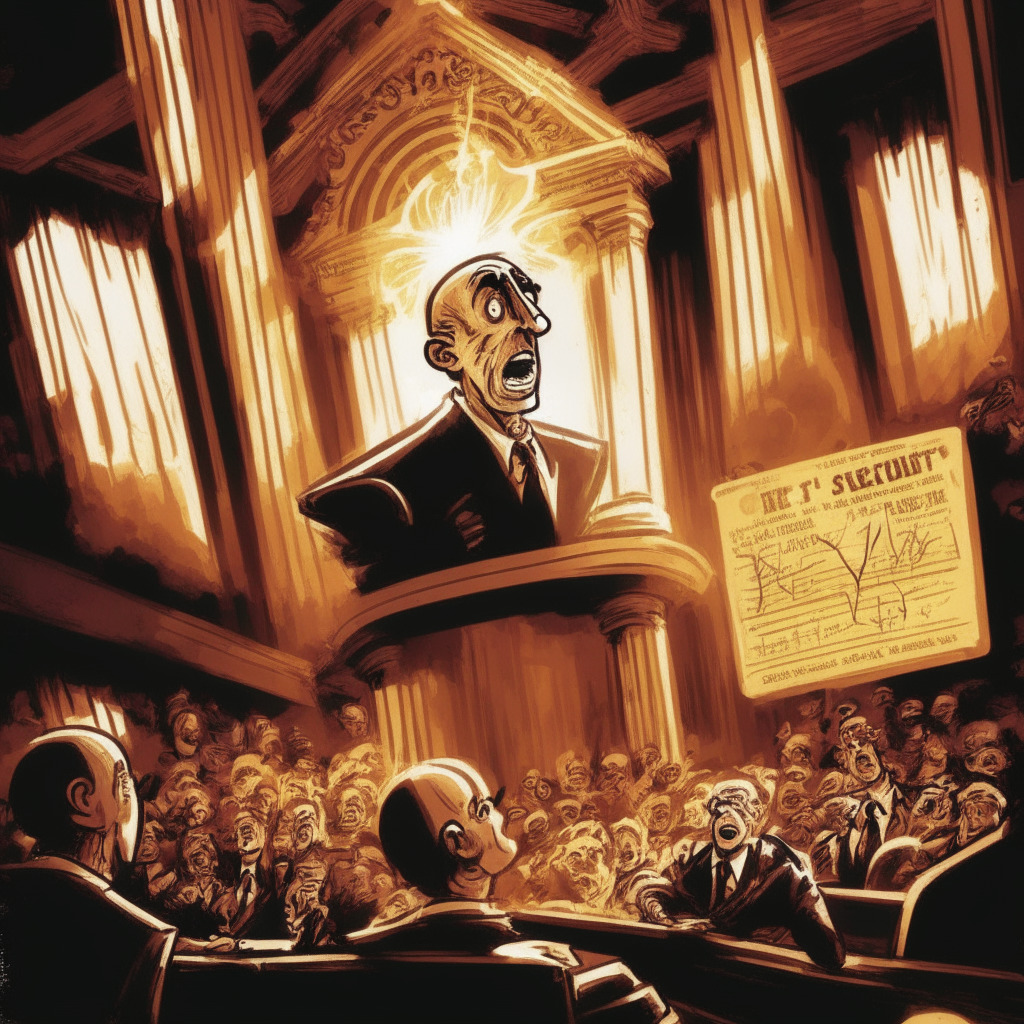In a decisive stride toward market acceptance, the U.S. appears to have brought the dream of a spot-market bitcoin exchange-traded fund (ETF) closer to reality. A recent appraisal by a three-judge panel from the U.S. Court of Appeals has offered fresh perspective to the Securities and Exchange Commission’s stance on ETFs. The panel ruled that the SEC’s denial was “arbitrary” and “capricious”, sparking a newfound hope in the crypto community.
This victory is owed in large part to Grayscale Investments’ persistent pursuit to transition the Grayscale Bitcoin Trust into an ETF, raising the possibility that the SEC will need to reconsider previously rejected applications. The court’s pro-ETF declaration, along with its reproach of the SEC has undoubtedly stirred enthusiasm among crypto supporters, who believe the regulator has consistently missed the mark. The SEC’s impervious exterior has proven to be uncertain in light of the court’s judgement.
The commission’s seeming inconsistency in approving certain bitcoin-related exchange-traded commodities, while disregarding others, has not gone unnoticed. Adding insult to injury, the SEC has seemingly disregarded pertinent data that spot and futures bitcoin markets are 99% correlated, rendering the blanket rejections of spot-market ETF files illogical.
While the implications that this holds for existing ETF applications remain murky, the crypto community was taken aback when BlackRock decided to throw its name into the list of hopefuls. Furthermore, the general consensus is that the SEC has certainly failed in incorporating the authentic merits of blockchain into the larger picture of federal laws, although the latter’s claims for decentralization haven’t incited universal acclaim.
However, the court’s judgement was glaring proof of the SEC’s bias, with pivotal implications. Primarily, ETF’s are influential because they broaden the demographic pool of potential crypto investors through a familiar, regulated channel. Consequently, this increases the likelihood of an influx in capital trade via bitcoin.
Secondarily, like in the landmark Ripple case, it is becoming increasingly clear that the SEC is not the uncontested authority on crypto. The commission’s verdict is far from being the last word, with the power of legal interpretation lying in the hands of the U.S. court system and, more importantly, Congress. This has become particularly paramount as Gary Gensler, the SEC Chair, has consistently tried to assert the agency’s control over all cryptocurrencies, excluding Bitcoin.
In conclusion, it appears that the status of digital assets within the SEC’s jurisdiction seems far from settled. As crypto continues to be seen as both the medium for the coming generation’s internet and the foundation of state-of-the-art financial architecture, it appeals to a diverse range of individuals. With the transformation of an asset created as a celebrity of a revolution into Wall Street’s latest fascination via ETFs, the question arises – should the future of crypto be left solely to an evidently partial SEC?
Source: Coindesk




